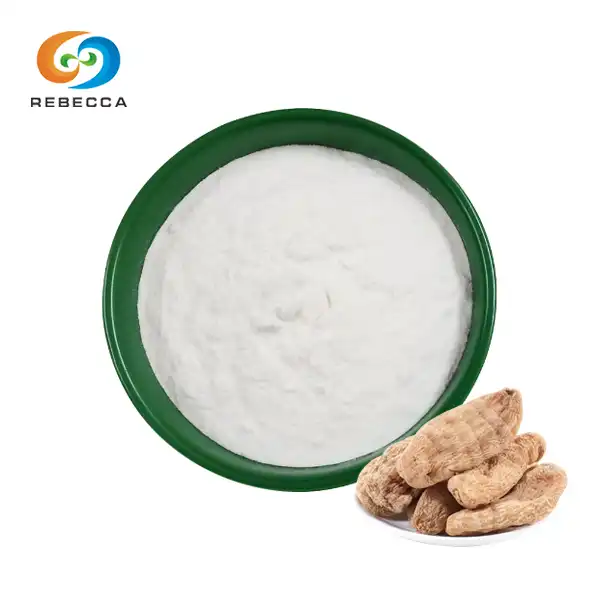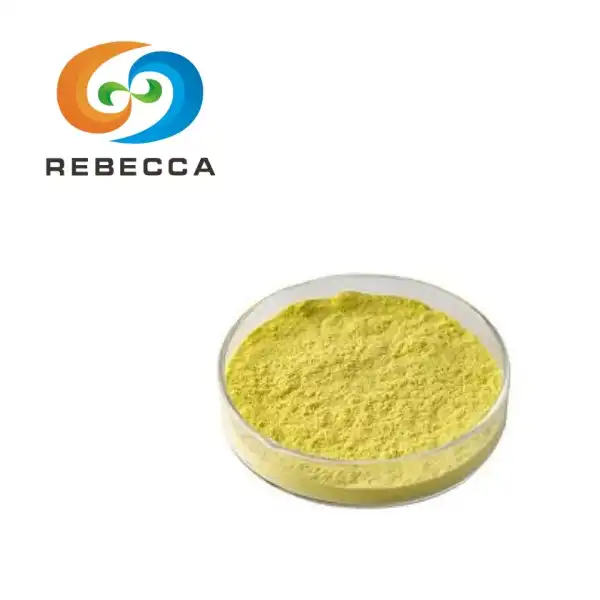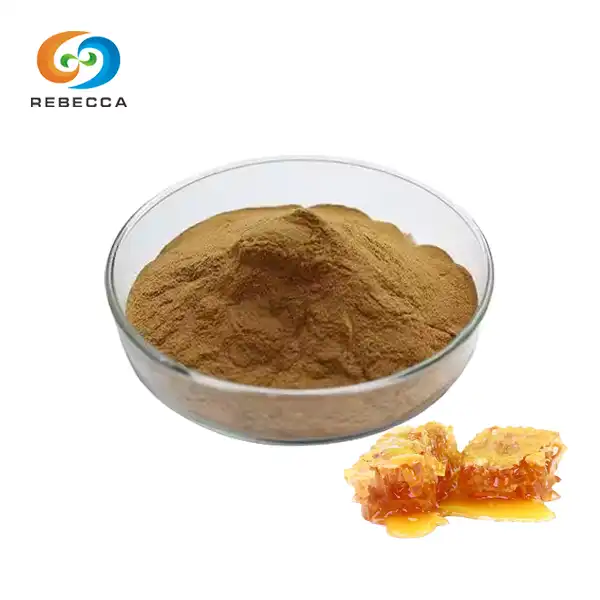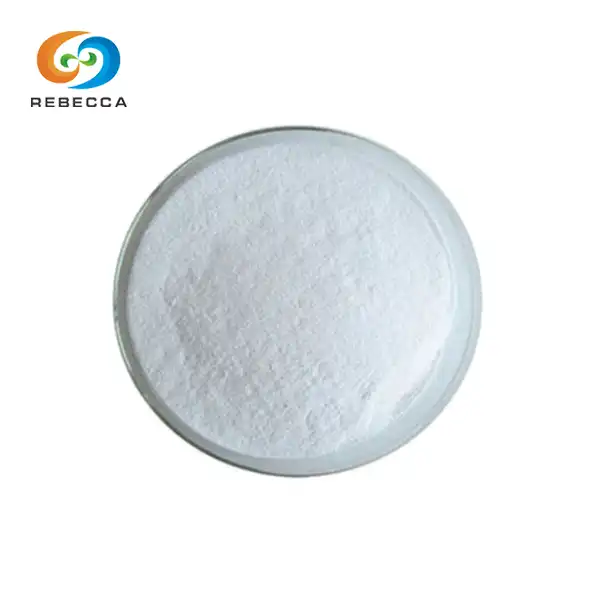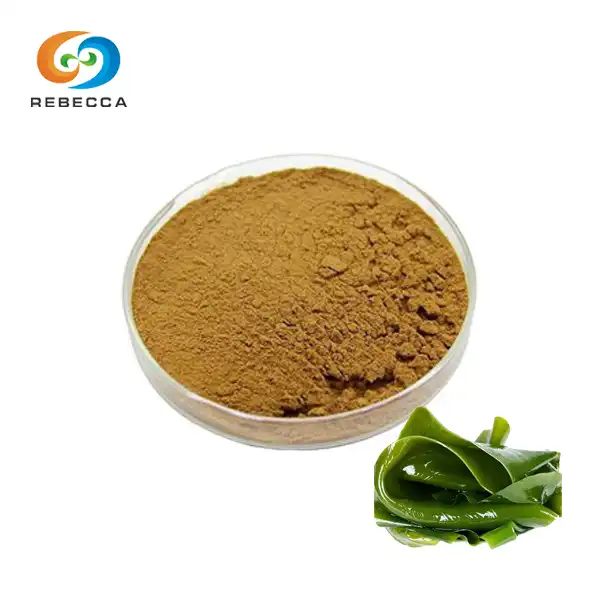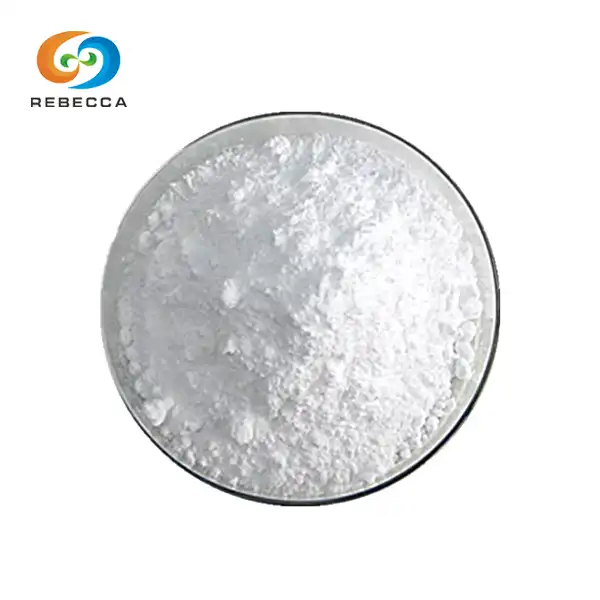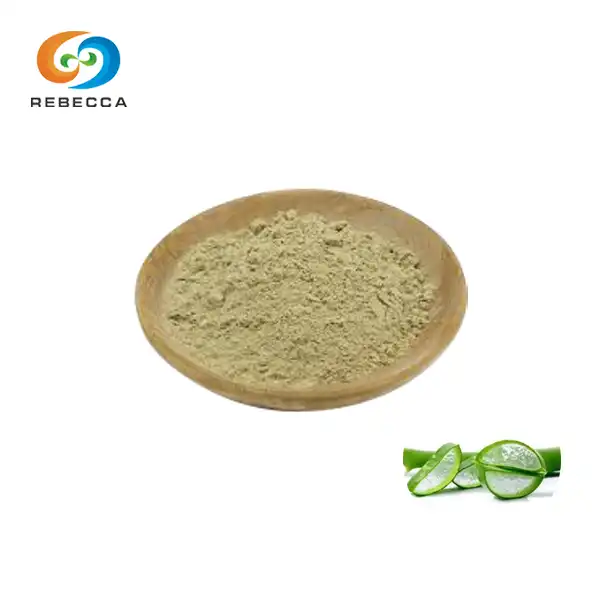Does alpha lipoic acid raise blood pressure?
Alpha-lipoic acid (α-lipoic acid powder) is a naturally occurring antioxidant that has garnered interest in recent times for its possible health advantages. As more individuals look to supplements to enhance their wellness, it is essential to comprehend the influence of these substances on various health dimensions, including blood pressure. Rebecca's blog investigates the connection between alpha-lipoic acid and blood pressure, examining current studies and addressing frequently asked questions.
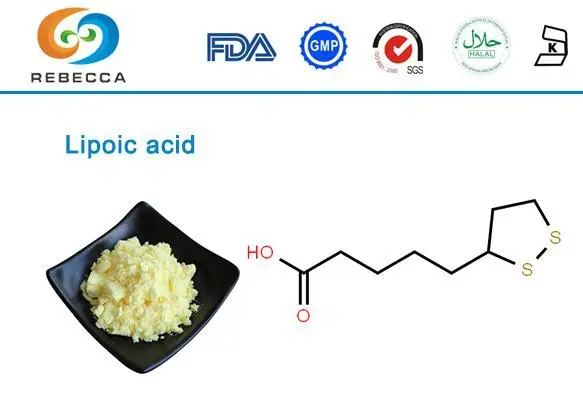
Alpha-Lipoic Acid And Blood Pressure
Alpha-lipoic acid serves as a potent antioxidant present in every cell throughout the body. It is vital for energy generation and aids in neutralizing detrimental free radicals. Although α-lipoic acid has been thoroughly examined for its potential advantages in managing diabetes and neuropathy, there is an increasing curiosity about its influence on cardiovascular wellness, particularly in relation to blood pressure.
Remarkably, several studies indicate that α-lipoic acid may positively affect blood pressure regulation. Its antioxidant characteristics are believed to enhance endothelial function, which is crucial for sustaining healthy blood pressure values. The endothelial cells, lining the inner layers of blood vessels, are integral to managing blood circulation and pressure.
One way alpha-lipoic acid might affect blood pressure could be through boosting nitric oxide production. Nitric oxide acts as a vasodilator, assisting in the relaxation and widening of blood vessels, which could lead to decreased blood pressure. By fostering the production of nitric oxide, ALA might aid in enhancing blood circulation and supporting better cardiovascular health.
Moreover, it exhibits anti-inflammatory traits. Ongoing inflammation is frequently linked to various cardiovascular complications, including hypertension. By helping to alleviate inflammation throughout the body, ALA may indirectly advocate for maintaining normal blood pressure levels.

Research And Clinical Trials
The connection between α-lipoic acid and blood pressure has been explored in various studies and clinical investigations. Though findings have varied, multiple studies indicate encouraging results regarding its ability to promote healthy blood pressure levels.
An efficient survey and meta-analysis distributed in the journal "Nutrition" in 2017 inspected the impacts of α-lipoic acid supplementation on blood levels. The analysts analyzed information from 11 randomized controlled trials including an add up to 452 members. The comes about appeared that ALA supplementation was related to a noteworthy diminishment in systolic blood pressure, but not diastolic blood pressure. This proposes that ALA may have an unassuming but useful impact on blood weight regulation.
Another consideration distributed in the "Diary of Human Hypertension" in 2019 examined the impacts of ALA supplementation on blood pressure in patients with sort 2 diabetes. The analysts found that members who gotten ALA supplements experienced a critical lessening in both systolic and diastolic blood pressure compared to those who gotten a fake treatment. This ponder highlights the potential of ALA as a steady treatment for overseeing blood pressure in people with diabetes.

It's vital to note that whereas these thinks about appear guarantee, more investigate is required to completely get it the impacts of ALA on blood pressure over distinctive populaces and in different wellbeing conditions. The measurement, length of supplementation, and person variables may all play a part in the results observed.
In terms of safety, a thorough review of α-lipoic acid supplementation revealed that it is typically well-tolerated. According to the systematic review and meta-analysis previously mentioned, ALA supplementation did not correlate with an increased risk of treatment-related adverse events. This indicates that α-lipoic acid is relatively safe for most users when administered correctly.
Why does ALA raise blood pressure?
While research indicates that alpha-lipoic acid may aid in reducing blood pressure, there are those who have reported higher blood pressure levels after using ALA supplements. It is crucial to recognize that these claims are more anecdotal than scientifically substantiated. Nonetheless, it is valuable to consider possible explanations for why some individuals might face this outcome.
One potential reason for an observed rise in blood pressure might be linked to its role in glucose metabolism. ALA has been found to boost insulin sensitivity and enhance glucose absorption in cells. For some individuals, particularly those with diabetes or at risk of it, this swift enhancement in glucose regulation could result in temporary variations in blood pressure.

Another factor to consider is the potential interaction between ALA and other medications. α-lipoic acid might interact with specific antihypertensive drugs or additional supplements, potentially impacting their effectiveness or causing unanticipated alterations in blood pressure. This highlights the necessity of consulting a healthcare professional before initiating any new supplement routine, particularly for those with existing health issues or individuals on medication.
Additionally, it's essential to recognize that blood pressure can be affected by numerous elements, such as anxiety, nutrition, exercise, and overall wellness. Variations in blood pressure noted after commencing ALA supplementation may not solely be attributed to the supplement itself but could result from other lifestyle influences or natural variations.
Although certain people might notice a rise in blood pressure, it is crucial to highlight that this is not a widespread or thoroughly recorded side effect of ALA supplementation. Most studies indicate that ALA either exerts negligible influence on blood pressure or may even assist in reducing it in certain instances.
Rebecca Alpha Lipoic Acid Bulk Powder
For those interested in incorporating alpha-lipoic acid into their health regimen, Rebecca Bio-Tech offers high-quality α-lipoic acid bulk powder. With a production capability of 500 tons per year, Rebecca Bio-Tech can meet a wide range of requirements for α-Lipoic Acid powder.
When considering ALA supplementation, it's crucial to choose a reputable supplier that adheres to strict quality control standards. Rebecca Bio-Tech's significant production capacity ensures a consistent supply of high-grade ALA powder, suitable for various applications in the health and wellness industry. the company can be contacted at information@sxrebecca.com.
However, it's important to remember that while ALA supplements can be beneficial for many individuals, they are not a substitute for professional medical advice or prescribed treatments. Anyone considering ALA supplementation, especially those with existing health conditions or concerns about blood pressure, should consult with a healthcare provider before starting any new supplement regimen.
References
1. Sola, S., Mir, M. Q., Cheema, F. A., Khan-Merchant, N., Menon, R. G., Parthasarathy, S., & Khan, B. V. (2005). Irbesartan and lipoic acid improve endothelial function and reduce markers of inflammation in the metabolic syndrome: results of the Irbesartan and Lipoic Acid in Endothelial Dysfunction (ISLAND) study. Circulation, 111(3), 343-348.
2. Ziegler, D., Low, P. A., Litchy, W. J., Boulton, A. J., Vinik, A. I., Freeman, R., ... & Dyck, P. J. (2011). Efficacy and safety of antioxidant treatment with α-lipoic acid over 4 years in diabetic polyneuropathy: the NATHAN 1 trial. Diabetes Care, 34(9), 2054-2060.
3. Feng, B., Yan, X. F., Xue, J. L., Xu, L., & Wang, H. (2013). The protective effects of α-lipoic acid on kidneys in type 2 diabetic goto-kakisaki rats via reducing oxidative stress. International journal of molecular sciences, 14(4), 6746-6756.
4. Packer, L., Witt, E. H., & Tritschler, H. J. (1995). Alpha-lipoic acid as a biological antioxidant. Free radical biology and medicine, 19(2), 227-250.
